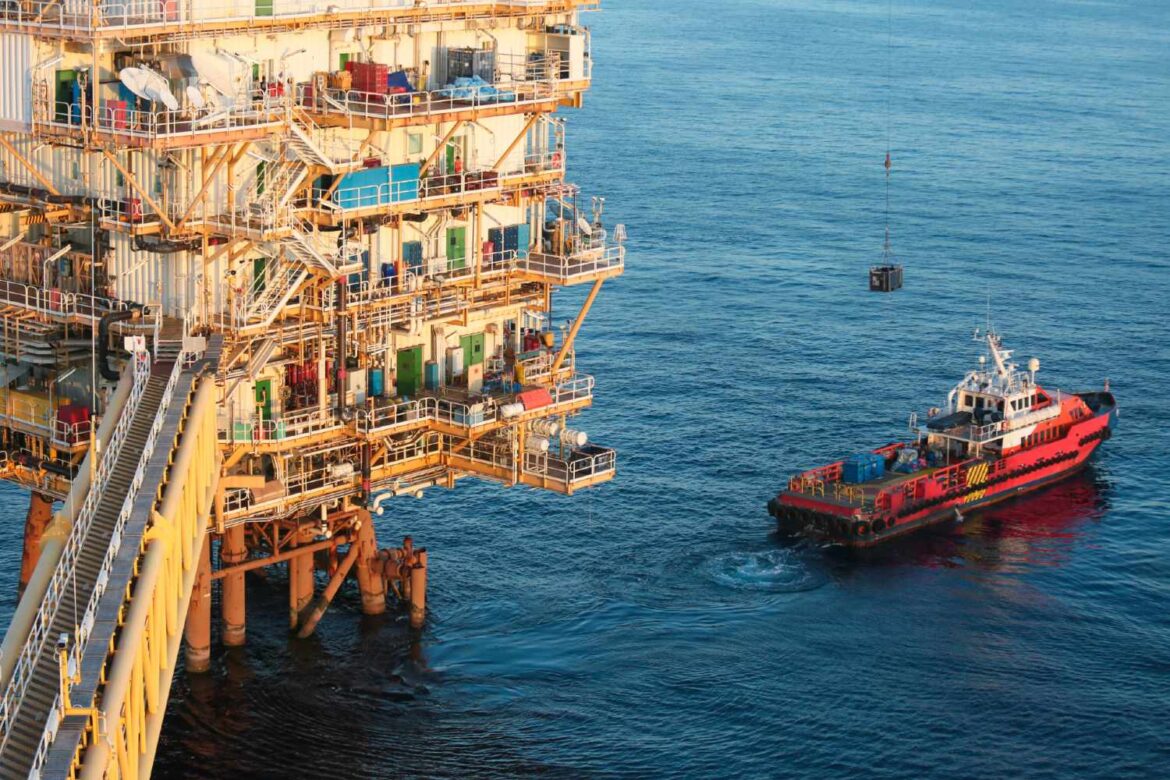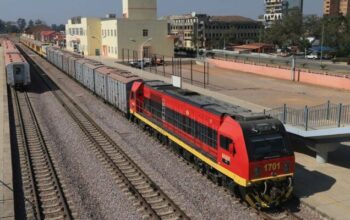Namibia is set to solidify its position as a key player in global oil and gas exploration, with four rigs preparing to commence drilling wells valued at $100–200 million each in the Orange Basin. These high-stakes operations are expected to begin within the week.
Simran Bandal, Subsurface Senior Analyst at Wood Mackenzie, emphasized the potential of these developments to elevate Namibia’s standing in the global energy sector.
The Orange Basin has already proven its promise with significant discoveries by TotalEnergies and Shell in 2022 and GALP Energia in 2024.
“These discoveries have attracted intense interest due to their low-cost, low-carbon attributes, which align with the industry’s evolving priorities,” Bandal noted.
Major players such as Chevron, Eni, BP, and Woodside Energy are actively exploring the region, alongside rising interest in Namibia’s Walvis Basin.
“The frenzy of activity among exploration teams highlights Namibia as a focal point for the industry,” Bandal added.
This surge in activity reflects broader trends in high-impact, ultra-deepwater drilling, which has the potential to deliver economically and environmentally viable energy solutions.
Namibia’s exploration efforts in the Orange Basin exemplify the integration of advanced geological understanding with economic and environmental goals.
Bandal highlighted how successful ultra-deepwater projects could address future supply gaps with barrels that are both cost-efficient and low in carbon intensity.
Beyond Namibia, exploration is expanding to nearby regions, including South Africa, Southern Angola, and offshore areas in Brazil, Uruguay, and Argentina.
The contrast between Namibia’s proactive exploration strategy and New Zealand’s decision to abandon gas exploration underscores the importance of balanced energy planning.
New Zealand’s move, initially considered environmentally progressive, resulted in increased coal imports to meet energy demands.
“Few governments will want to replicate such a decision, which highlights the critical role exploration plays in ensuring energy security while transitioning to greener solutions,” Bandal remarked.
Since 2015, high-impact oil and gas exploration has generated over $160 billion in value, based on an industry benchmark price of $65 per barrel of Brent crude.
The Orange Basin, with drilling activities in water depths exceeding 2,000 meters, continues to stand out for delivering low-cost and low-carbon-intensive barrels.
As Namibia leads the way in this new era of exploration, the country is poised to balance economic growth and environmental stewardship, setting a benchmark for the global energy industry.
![]()




